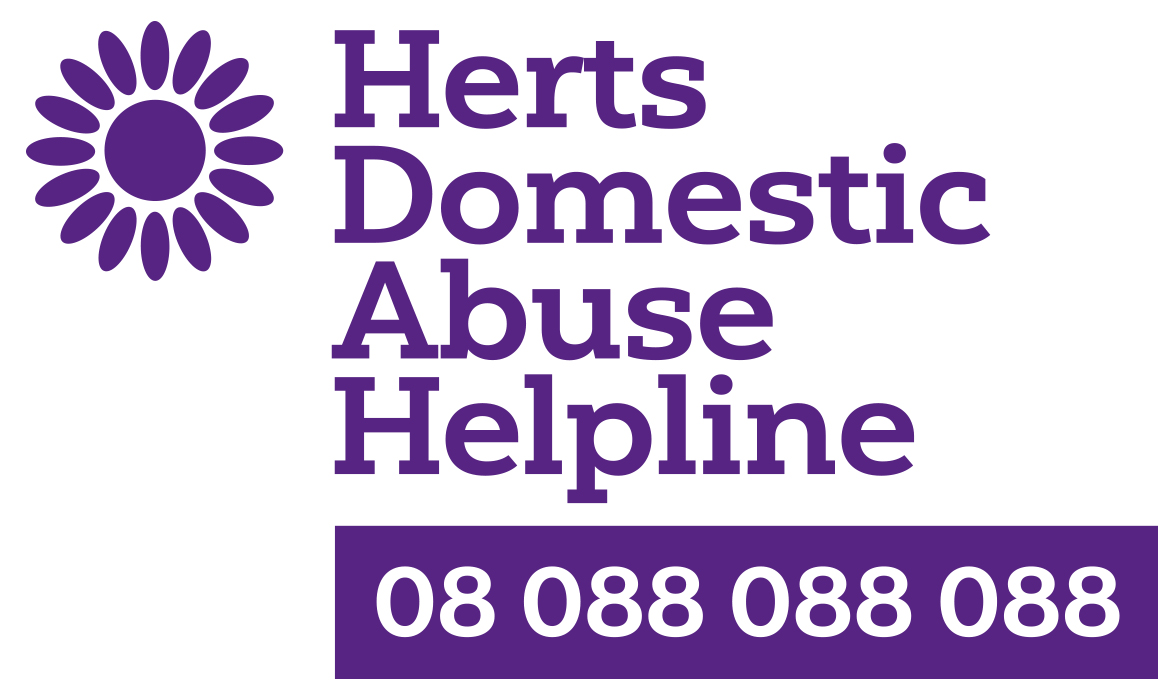The Domestic Abuse Bill is now primed for its second reading in the House of Lords. While this landmark piece of legislation will bring about much needed change, one area where it has fallen short is the protection and support given to migrant women – who often face additional barriers to disclosing abuse and accessing services, including having No Recourse to Public Funds.
Watford Women Centre+ has worked closely with women whose immigration status has meant they often do not have the same access to safety and justice – a fact that is often leveraged by their abusers. Here, they share Josephine’s (not hear real name) story……..
Josephine, a mother of two young boys, is a committed Christian. Her 10-year relationship was loving in the beginning but after the birth of their first child things started to change. Her partner became verbally abusive and nothing she did or said was ever good enough. Josephine was on a spousal visa, and her partner used this fact to constantly threaten her with deportation – separating her from her first born. The psychological abuse and coercive control, coupled with physical abuse continued into her second pregnancy. When 8 months pregnant, her partner physically assaulted her for switching on the heating. The threats to deport her continued unabated and he also threatened to kill her with his bare hands.
Josephine recorded the threats on her phone but was reluctant to report the incident for fear of deportation. She was afraid that her children would be taken away from her - and she wanted to protect her partner despite his campaign of abuse towards her. Furthermore, she was a devout Christian and had strong cultural beliefs that a woman was responsible for her home and should keep her marriage issues behind closed doors. Josephine spoke to her mother as she looked for support and guidance. Her mother advised her to stay with her abusive husband and to keep trusting in God to make things better. “Be strong for your children,” she said.
During the Covid-19 lockdown, the abuse intensified. He controlled everything and accused her of being an unfit mother and refused to eat the food she cooked. She was mentally and physically exhausted, constantly on red alert and firefighting to prevent another blow-up from her partner. He ignored her requests to make sure he washed his hands and changed his clothes before touching the children when he got home from work.
It was at this point that Josephine felt enough was enough and that she needed to seek support. She contacted the Healthy Hub Domestic Abuse case worker (working remotely for Watford Borough Council) and an initial assessment was undertaken. Josephine seemed not to recognise what she had been through as domestic abuse, and was unaware of the support that was available despite her spousal visa status (including applying for destitution domestic violence (DDV) concession which would trigger indefinite leave to remain.) The Healthy Hub shared provided information and support, giving Josephine confidence to explore her options. When she felt ready, Josephine made a decision to leave her abusive partner and was supported to access safe accommodation. She is now in a happy, safe environment with her children at a refuge and hopes to resume her hairdressing work after further easing of lockdown rules.
Thank you to Martha, case worker from the Watford Healthy Hub for the blogpost.
If you are going through something similar to Josephine, or need to talk to someone about what is happening to you, please call 08 088 088 088 9am to 9pm Mon to Fri or 9am to 4pm weekends, or email on Kim@mailpurple.org. We are a confidential and anonymous safe-space for you to talk about what is happening to you, and discuss what you would like to happen next.
Other useful links include:
Watford Women’s Centre or you can email the Healthy Hub in Watford on healthyhub@watfordwomenscentre.org.uk
Rights of Women: Immigration Support
DDV concession
Chayn
Southall Black Sisters

